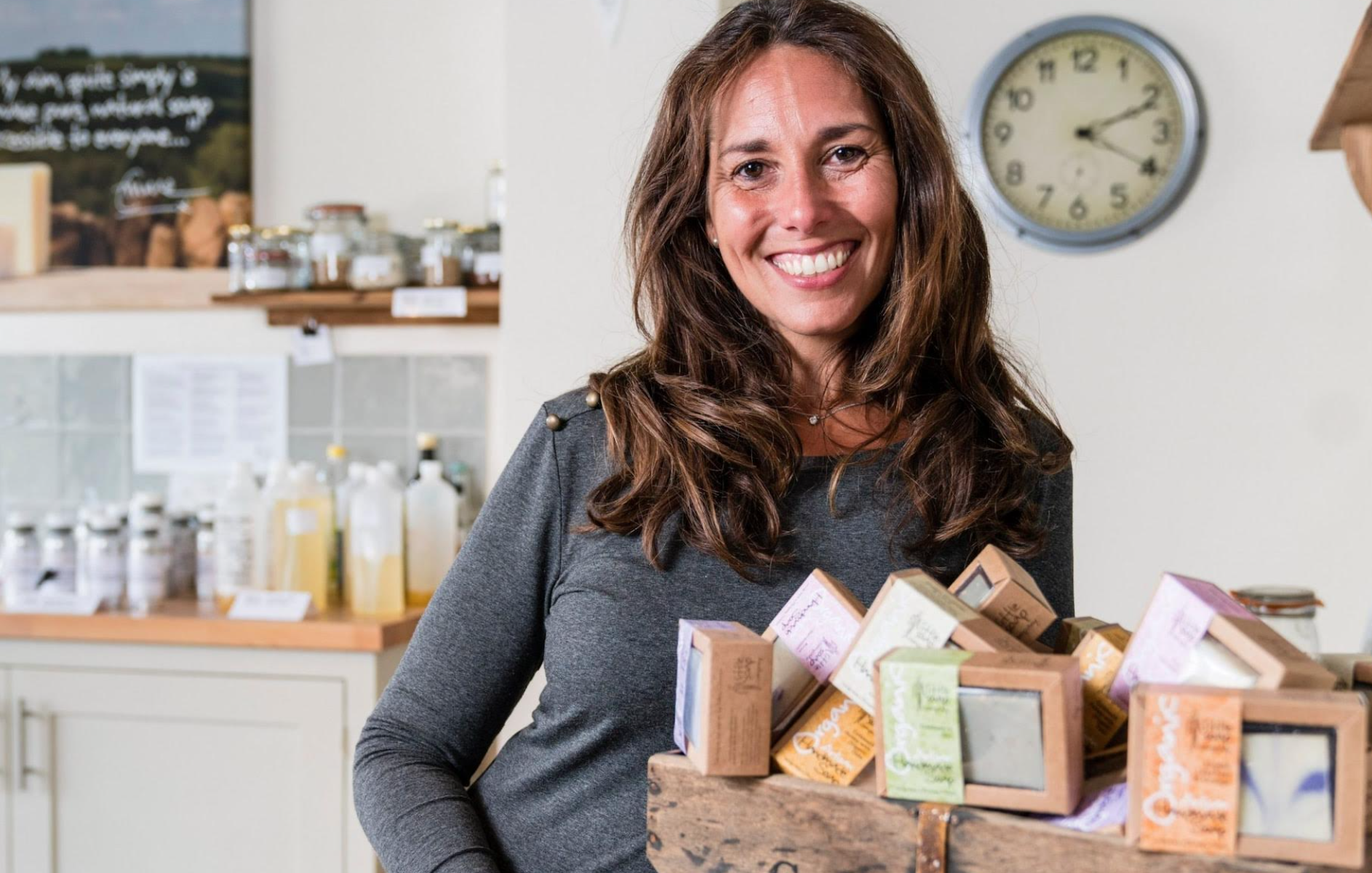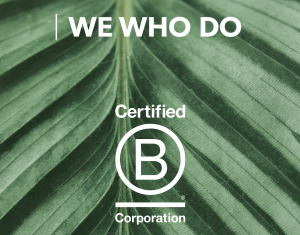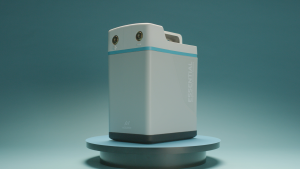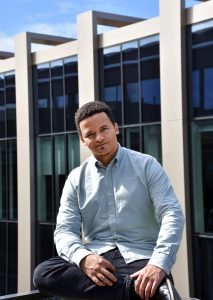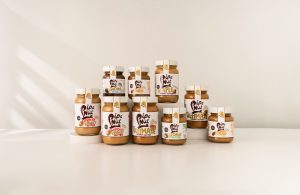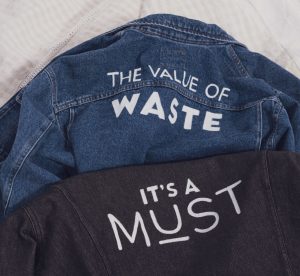Where did the idea for Little Soap Company come from?
Emma: I started the business back in 2008 when the soap counter in supermarkets was incredibly dull and staid – I couldn’t understand why you couldn’t buy a pure, natural bar of soap amid the weekly shop. We managed to change that and have paved the way to offering proper choice on the shelf.
In the early days, I hand wrote on the cartons “My aim, quite simply is to make pure natural soap accessible to all”…fast forward to present day, we’re in 10 of the UK major supermarkets, so we have tweaked that ambition to say: “My aim, quite simply is to make pure natural soap the norm not the niche.”
I rigidly believe the ‘business of a business’ is to improve the world. I would never produce something that I wouldn’t want to use myself- hence all claims! Quite simply, we are on a mission to bring bar soap back & rid bathrooms from unnecessary synthetics & plastic bottles.
Why is the work you’re doing so important?
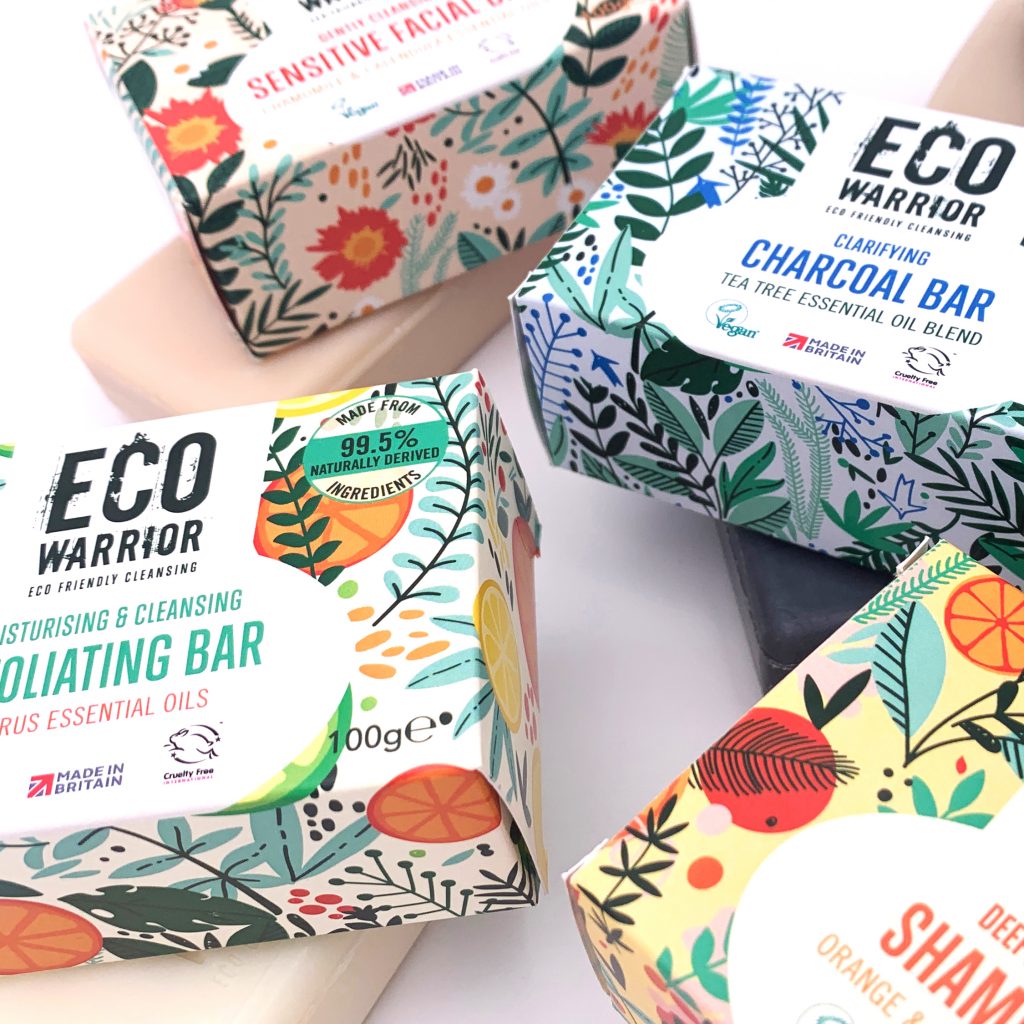
Emma: You know the saying – ‘It’s only one plastic straw, said eight billion people’ – it’s about little changes all mounting up to make a big difference. We are so proud of the company’s green credentials, and knew our new Eco Warrior products would find an audience among environmentally-conscious generation Z and Millennials. But what unexpectedly delighted us even more, though, was that the product is in fact resonating right across generations. We all want to do our bit for the planet. It is not always easy being green but by swapping a plastic bottle for a bar of soap, we can make that an easy tweak for something we all do every day and in the current climate even more so than usual – wash!
Every single one of our products have the same ethos and claims: We believe what you rub into your skin is just as important as the diet we eat. We only fragrance with pure essential oils, expensive yes but we believe in keeping it all natural. All our products are Made in GB, RSPO, are Leaping Bunny Cruelty Free and Vegan accredited, meaning whatever need state or budget you might have, we have done the thinking to enable every single one of our customers to have a clean conscience as they wash.
What are you guys working on at the moment?
Emma: We’re always trying to eliminate unnecessary plastics in the bathroom, so we are continuing to work on creating more products that do just this! We’re also working on creating a new version of our best-selling Eco Warrior Shampoo bar offering different varieties for those with sensitive scalps or particularly dry hair.
We were recently certified as a B Corporation, which put simply, is a business that has met “the highest standards of verified social and environmental performance, public transparency, and legal accountability to balance profit and purpose.” (B Corporation). B Corporations are businesses that are making changes to alter the way we view success in business. They’re building more inclusive and sustainable economies and using their power to make positive changes for employees, communities and the environment. They’re creating more jobs of high quality and are helping to create communities that are aspiring to the same values.
Do you have competitors in this space – if so, what makes the Little Soap Company different?
Emma: We were the first organic soap to hit the supermarket shelf in 2009 with our Organic Range, then the first Organic pet grooming range with Little Beast, followed by the first naturally derived soap range Naturals to enter the major retailers in 2015. Our latest (and most exciting) first is being the first bar soap range which puts what’s traditionally in bottles into bars, the Eco Warrior range hit the supermarket shelves in 2019.
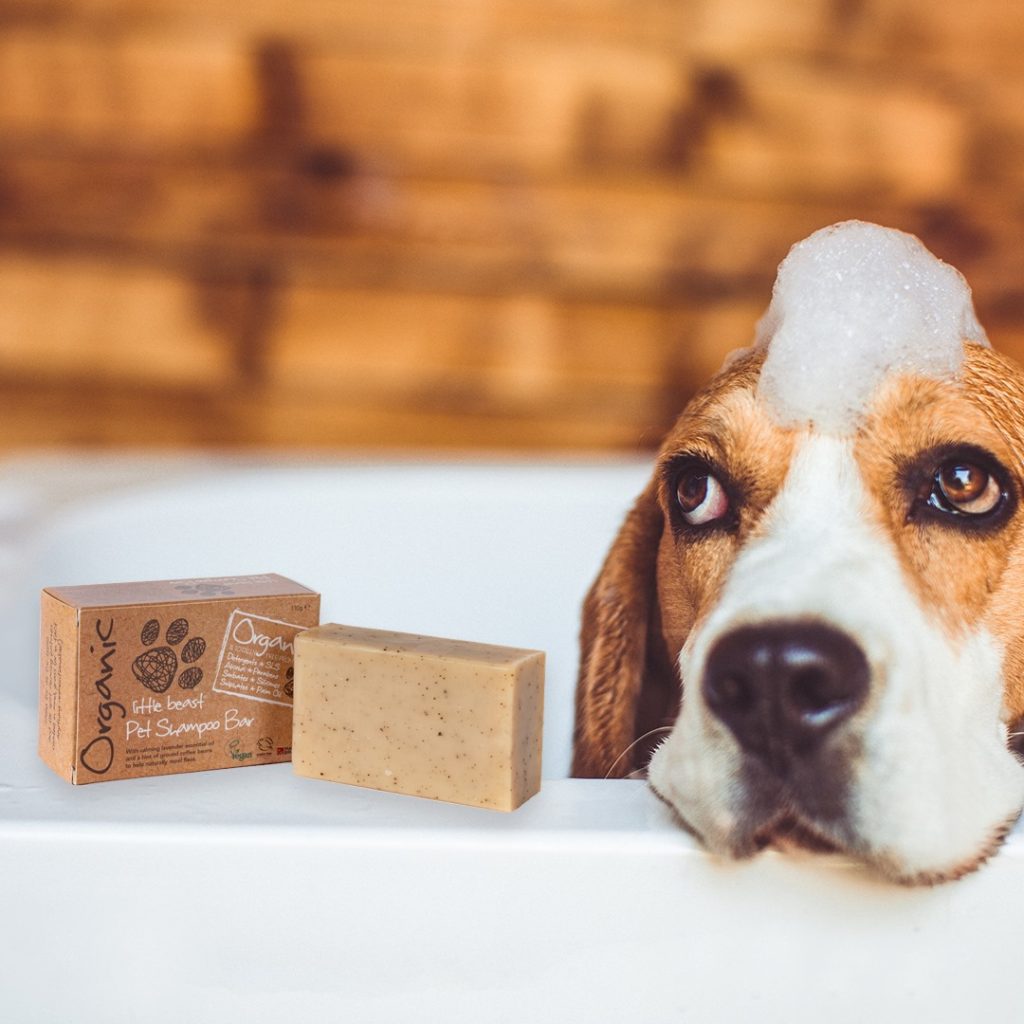
One of the keys to surviving and succeeding in FMCG is the ability to be able to do something different that a bigger brand or supermarket own label can’t…. with such a small team and tight supply chain we are able to control demand as well as bend and flex to bring new products to fruition quickly. We aren’t a huge conglomerate. We have genuine provenance and heritage – I started off on the kitchen table, selling at farmers markets and growing the brand to where we are today and finally able to hold our own sales wise amid the big boys. It is a genuine David and Goliath story.
Where do you see Little Soap Company in 5 years time?
Emma: Quite simply, we would like to make pure natural soap the norm not the niche, we hope that in 5 years time, this is truly the case. We’re hoping that the default purchasing option for consumers will be soap that is pure & natural, that is cruelty-free, vegan and truly sustainable.
Maybe this is too ambitious, but in 10 years time, we hope that everyone in the UK will have a bar of Little Soap Company or Eco Warrior soap in their house!

This article has been posted as part of the Sustainable Start-up Series run by WeWhoDo: building a community of world-leading experts to help sustainable businesses thrive. For more information about Little Soap Company, check out their site here.

